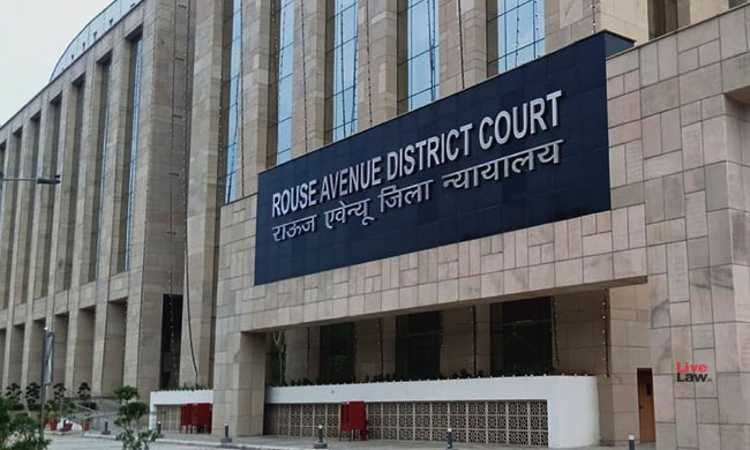A Delhi Court has last week held that an investigating agency has no right to seek the password of the electronic device of an accused without his consent as it will be violative of Article 20(3) of the Constitution of India and Section 161(2) of the Code of Criminal Procedure. Special Judge Naresh Kumar Laka of the Rouse Avenue Courts made the observation while dismissing an application moved...

